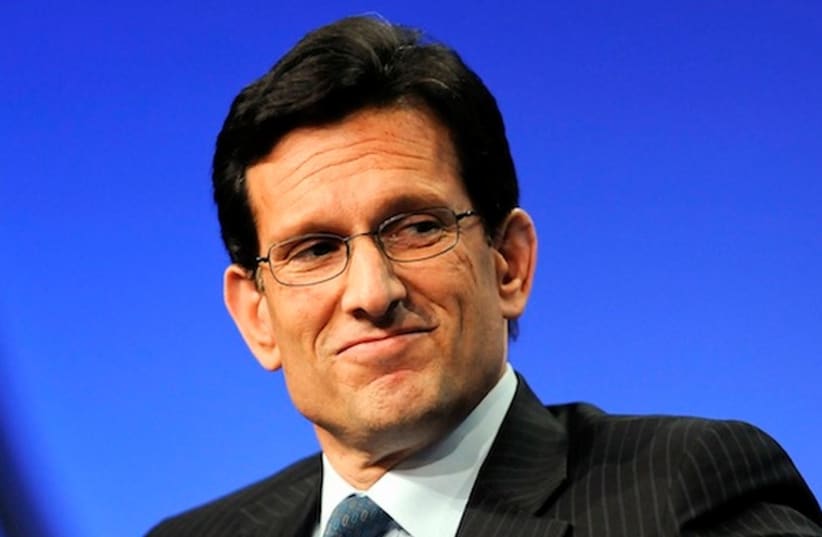Former US representative Cantor fights subpoena in Bank of China terror-funding case
Twenty-two families of American victims of terror attacks which took place in Israel from 2003-2008 are involved in a long-standing litigation against the Bank of China.
